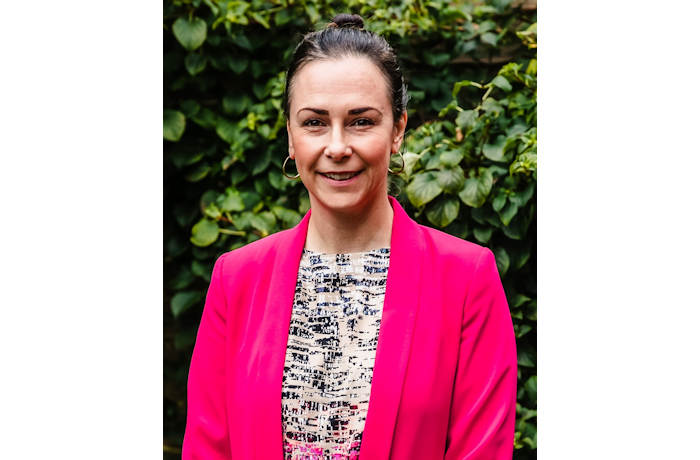
Stephanie Lee: Improving outcomes for talented students from all backgrounds during a pandemic
Head of Widening Participation and Outreach, Stephanie Lee discusses her team’s work in a year that’s like no other.
I’m sure everyone reading this will agree, that the 2019-20 academic year has been a year like no other. It’s certainly been the most challenging one that I’ve faced in my professional career. Global events have disproportionately impacted young people and students from widening participation backgrounds, and the gaps that already existed between the most and the least advantaged have been further compounded. However, in the midst of all these challenges, it’s been fantastic to see how quickly services and activities that support our widening participation work have been mobilised to provide continued support to students in the virtual environment. In addition, new and creative approaches have been developed, some of which I’m sure will remain a feature of how we continue to support students in the future.
This year’s Widening Participation Annual Report highlights the progress we are making, where we need to do better and puts a spotlight on some of the work taking place across our institution. I’d like to take this opportunity to thank all the staff, students, alumni, teachers and advisers and our partner organisations who contribute to our University’s widening participation work and for your determination during the last year to continue this work. Without you, we wouldn’t have been able to continue to support over 600 Year 12 students through the Manchester Access Programme, ensure that current students were supported financially through the Living Cost Support Fund or provide essential support to the children and families who would normally have attended our IntoUniversity academic support programme.
Impact of summer exams chaos
A major concern for widening access this year was around the summer examinations and the impact of the calculated grades on students in schools and colleges in the most disadvantaged areas, and in particular on those from Black, Asian and minority ethnic backgrounds. In response to this there was institutional agreement to prioritise widening participation students when admissions confirmation decisions were made. This action, together with the increased number of students participating in our Access Manchester initiatives, has meant we are on track to make good process against our ambition to reduce the gap between the proportion of students entering our University from the most and least advantaged backgrounds.
Our University also has a commitment to reducing the degree-awarding gap between groups of students and whilst the most recent data shows that progress is being made, we still have a way to go to achieve our targets and to better understand and address the causes of these gaps. Progress in this area will be supported through the work of our Institute for Teaching and Learning as well as targeted activities drawing on the expertise developed through our widening access work.
If we are to continue to improve outcomes for students where the biggest gaps persist, it is important that we do this collectively as an institution which includes raising awareness of the significant barriers that some students have overcome and will often continue to face. It also means changing the discourse from a deficit model focusing on what students lack, to celebrating the distance travelled and valuing the benefits of a diverse student body.
Iqra’s story
I’m going to end with one of my favourite parts of the report which is the case study of Iqra, who became involved in our University’s widening participation work when she was in secondary school through our Gateways Programme. Following this she joined and successfully completed the Manchester Access Programme and achieved her place at our University. After being an active Student Ambassador during her studies she started working at our University delivering activities to increase the participation of Black, Asian and minority ethnic students in higher education and at Manchester specifically. She has recently started her Master’s and will be part of our University’s Diversity and Inclusion Ambassador programme. This case study highlights the importance of having a sustained and student life-cycle approach to widening participation as well as being an opportunity to recognise and celebrate the achievements of our students.
Read our report
- You can read our report at:
Widening Participation Annual Report 2019/20



I enjoyed this, Stephanie, and shall go to the full report.
Many congratulations to you and your colleagues.
Thanks Colin and great to see the School Governor initiative continue to go from strength to strength.